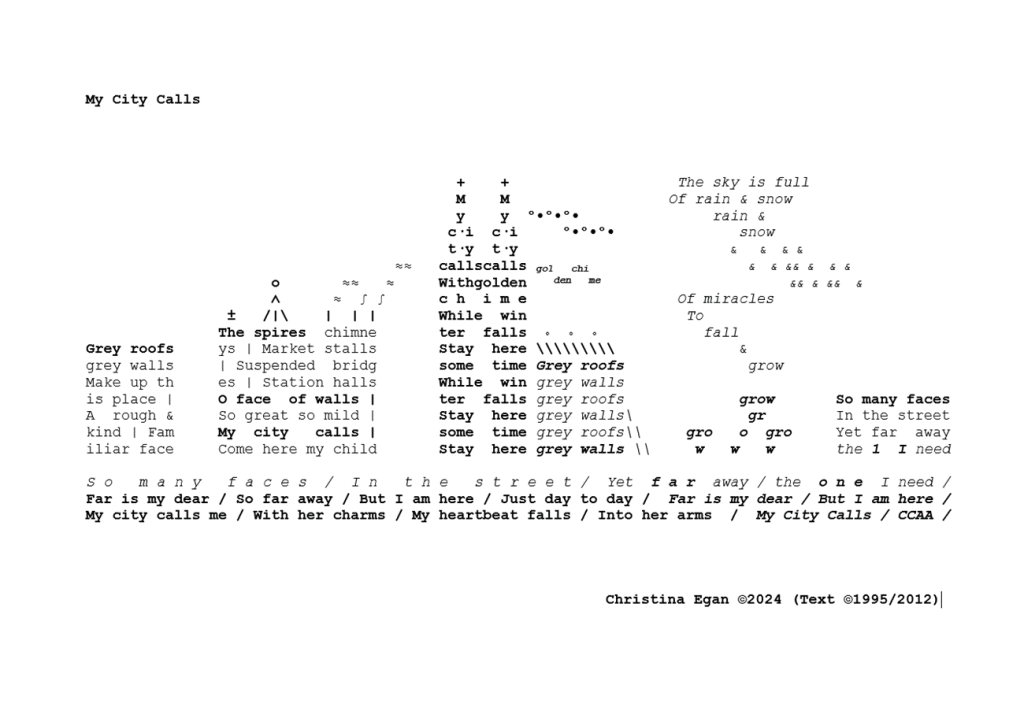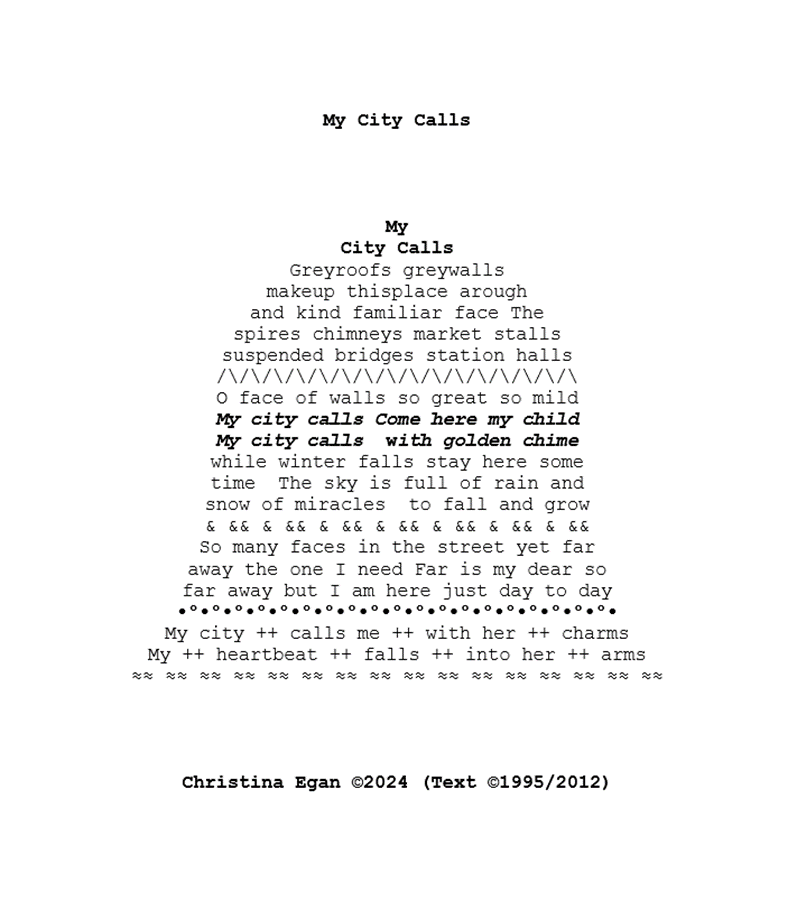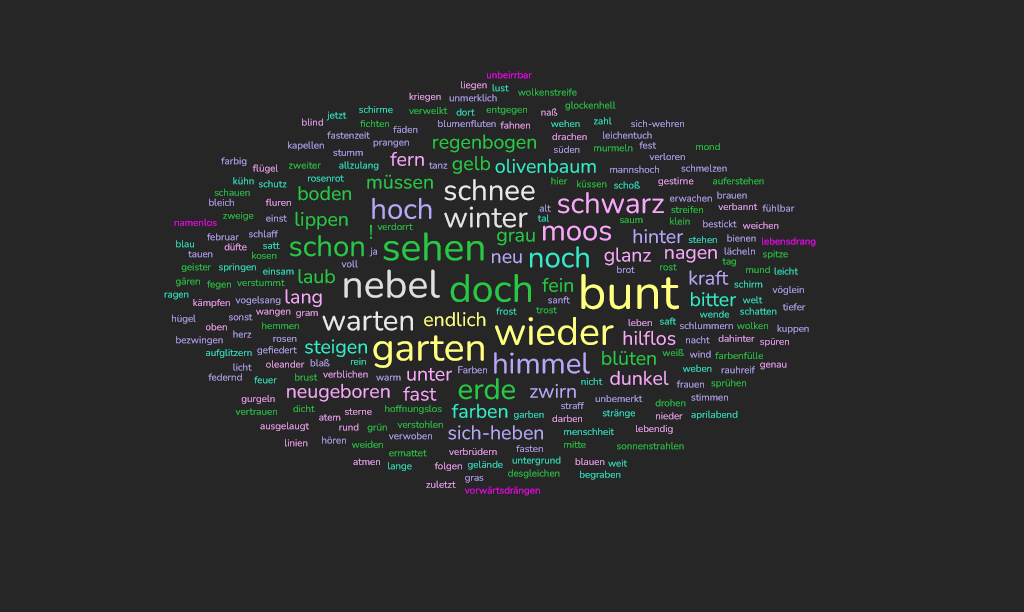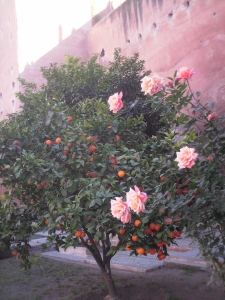The plant on the window-sill

It is shining, it is glowing,
while the sun is rising high!
It is stretching, it is growing,
so am I, oh, so am I!
It is breathing, it is throbbing,
full of blossom, full of birth!
It is floating, it is bobbing
on the bubble of the earth!
Christina Egan © 2015
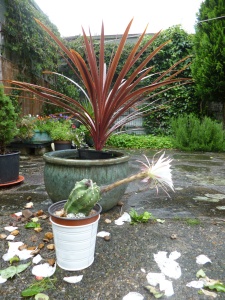 Die Macht der Königin der Nacht
Die Macht der Königin der Nacht
In der Mittsommermitternacht
ist ein schneeweißer Stern mir erwacht,
eine bebende Blütenblattüte:
Mit heimlicher Königsmacht
hat ein Kaktus den Funken entfacht,
eine klare Trompetenblüte!
Christina Egan © 2013
The Tree at the Corner
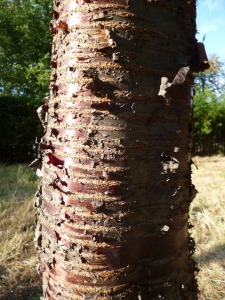 I gather air and light,
I gather air and light,
I filter drop on drop,
till there is liquid life:
my waving hands’ green blood.
I give you air and shade
with my bright canopy,
till there is solid gold
through age-old alchemy!
Christina Egan © 2015
Was der Baum im Winter tut
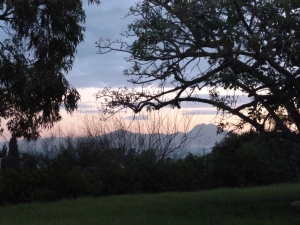 Mit tausend nackten Zweigen hält der Baum
Mit tausend nackten Zweigen hält der Baum
gleich einem gläsernen gewölbten Kelch
die Gänserufe und den Amselsang,
das gleißend hingegossne letzte Gold
und dann das Pfauenblau der frühen Nacht…
Und jene Stille wie ein Geigenklang.
Christina Egan © 2013
Photographs: Christina Egan © 2013/2014/2016
These lines portray plants as living creatures and active participants in this universe.
The non-descript pot-plant stays in its place, yet it gives and takes, grows and procreates — and presumably enjoys life, particularly in spring.
Around summer solstice, the humble cactus suddenly pushes out an unlikely flower, shaped like a trumpet and dazzling like a star: it has revealed itself as a Queen of the Night!
The everyday tree turns the inanimate elements into living matter; and it brings forth beauty even while that life turns towards death again in autumn.
Around winter solstice, the bare tree perceives the beauty of this earth — sunset and dusk, birdsong and silence — or at least, it forms part of this array for us.
